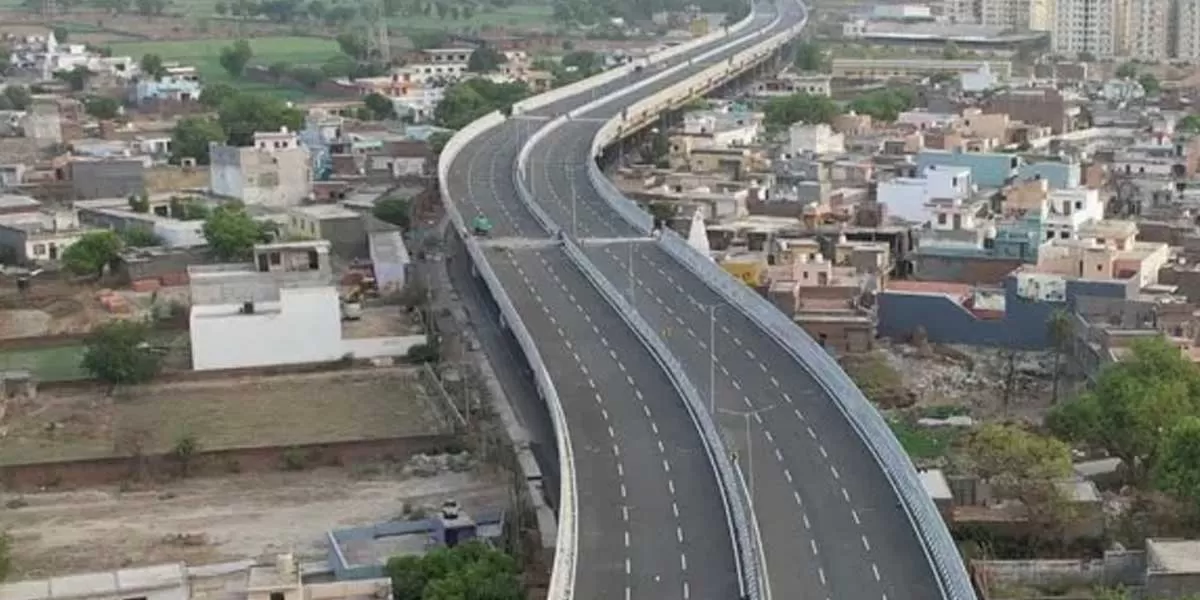As the Dehradun-Delhi Expressway nears completion, the National Highways Authority of India (NHAI) is taking innovative steps to safeguard wildlife along the route. The expressway, passing through the Rajaji and Shivalik forest divisions, has raised concerns about its impact on local fauna, prompting NHAI to install special lighting designed to minimise disruption to animals.
The Wildlife Institute of India has recommended the use of lights with a specific colour temperature to reduce behavioural interference with wildlife. The elevated road section, which spans 12 kilometres, allows vehicles to pass over while wildlife moves freely beneath.
Dr. Bilal Habib, a senior scientist at the institute, explained that the lighting setup would feature lower, spaced-out light poles to reduce insect attraction and prevent collisions with animals. "Insects attract bats, and bats increase the likelihood of vehicle collisions," he explained.
The elevated road's unique lighting design aims to avoid concentrated lighting that could lead to insect clusters and bird collisions, ensuring a safer environment for wildlife.


